Concrete Isn’t the Only Option: Why Permeable Pavers Are the Future of Australian Driveways
Facebook
Twitter
LinkedIn
Pinterest
Reddit
WhatsApp
Concrete Isn’t the Only Option: Why Permeable Pavers Are the Future of Australian Driveways
Time to Rethink Concrete
In Australia, the concrete driveway is so commonplace that most homeowners never question it. It’s been the standard solution for decades because it’s functional, familiar and often seen as a quick fix. Yet as our cities grow, our climate shifts and design expectations evolve, this once-default choice is starting to show its limitations. Concrete no longer meets the needs of modern homeowners who care about beauty, sustainability and performance.
Today, new materials are entering the conversation; materials that do more than just form a hard surface. Options like permeable driveway pavers offer smarter solutions for water management, provide long-term durability and open up creative possibilities for design. They bring form and function together in ways that concrete simply cannot match.
In this blog, we’re going to challenge the assumption that concrete should be the default choice of driveway material and introduce Jack and Isla, a young couple who bought a home in Brisbane, who begin to discover permeable pavers as a smarter, sustainable, and visually superior alternative.
For Jack and Isla, this moment of realisation came soon after purchasing their first home in the northern suburbs of Brisbane. The house had charm and potential, with a wide concrete driveway that was starting to crumble at the edges. Their builder’s first suggestion was to repour the surface in new concrete, which was standard, affordable and quick fix. But as the couple began speaking with local landscapers, they discovered alternative driveway ideas across Australia that promised not just to repair their driveway but to reimagine it. The question became: why settle for a short-term fix when a long-term upgrade was within reach?
- Should concrete be the traditional driveway material in Australia?
- Homeowners increasingly seek better design and environmental outcomes
- Jack and Isla begin questioning the default driveway fix
Why Concrete Isn’t Always the Best Option
While concrete may appear durable on the surface, it comes with several significant drawbacks, especially in Australia’s tough climate. Cracks are a common issue, often forming due to ground movement or extreme temperature changes. In summer, concrete absorbs and retains heat, creating harsh conditions around the home. Most importantly, it’s non-permeable; meaning water cannot pass through. This leads to runoff that contributes to urban flooding, soil erosion and strain on stormwater systems.
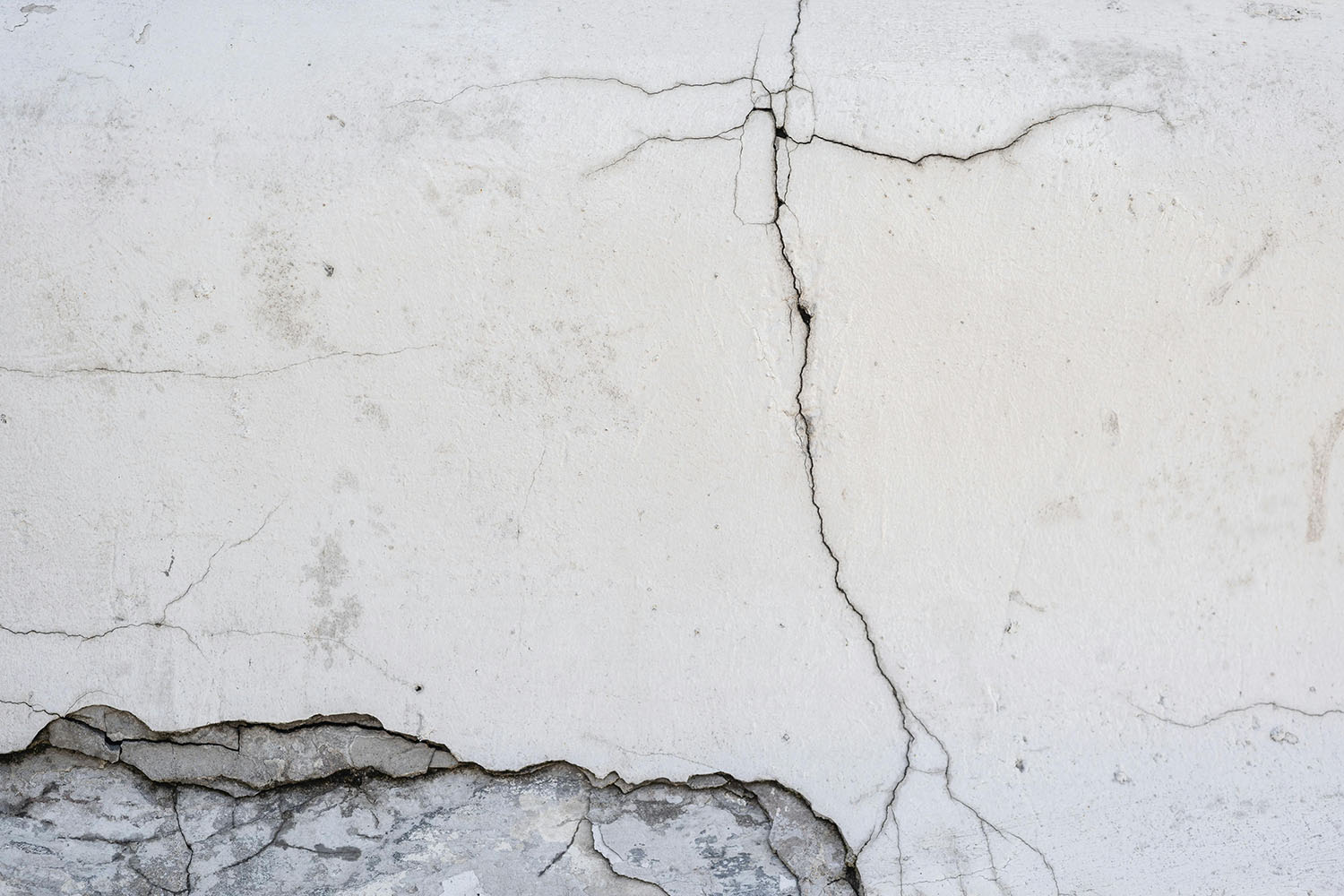
On a visual level, concrete is often uninspiring. It offers a hard, grey expanse that can feel clinical and out of place in otherwise lush, natural settings. For homeowners who take pride in their property’s appearance, it can feel like a missed opportunity to create something beautiful and welcoming.
Jack and Isla held off a quick repair job and decided to live with the driveway for a while. At first, they thought repairing their concrete drive would be the simplest route. But after a heavy summer storm, Jack noticed how water streamed off the surface and scoured away their garden, carrying soil into the drains. Isla noted the steam rising when the sun came out, adding to an already humid climate. The cracks and discolouration, which they had originally dismissed, began to stand out more each day. It became clear that sticking with concrete would be patchwork at best, so they decided that their first home deserved a more thoughtful approach. It was time to look at permeable pavers.
- Concrete is prone to cracking and absorbs excessive heat
- Poor drainage leads to runoff and erosion
- Aesthetically limited and visually harsh
- Jack and Isla realise concrete creates wider reaching issues
What Are Permeable Pavers?
Permeable pavers, such as Natural Paving, are designed to allow water to pass through, into the ground below. Unlike traditional pavers or poured concrete, permeable pavers are made up of cells that can be filled with decorative pebbles or aggregate that enable rainfall to naturally filter back into the ground, reducing surface water runoff and encouraging healthy soil. The cells lock the pebbles in place, and as Natural Paving has a layer of engineered geotextile bonded beneath, it prevents the pebbles from pushing through, creating a porous layer that performs just like a hard surface like concrete. That means you can walk, ride and drive on them without causing rutting or pooling.
These pavers aren’t just about water management. They also offer high structural performance and visual appeal. With strong load-bearing capacity and resistance to shifting or cracking, permeable pavers are ideal for driveways, walkways and patios. Compared to conventional materials, they contribute to better drainage, cooler outdoor areas and a more refined overall finish. All this, while creating a certain elegant appeal to your home.
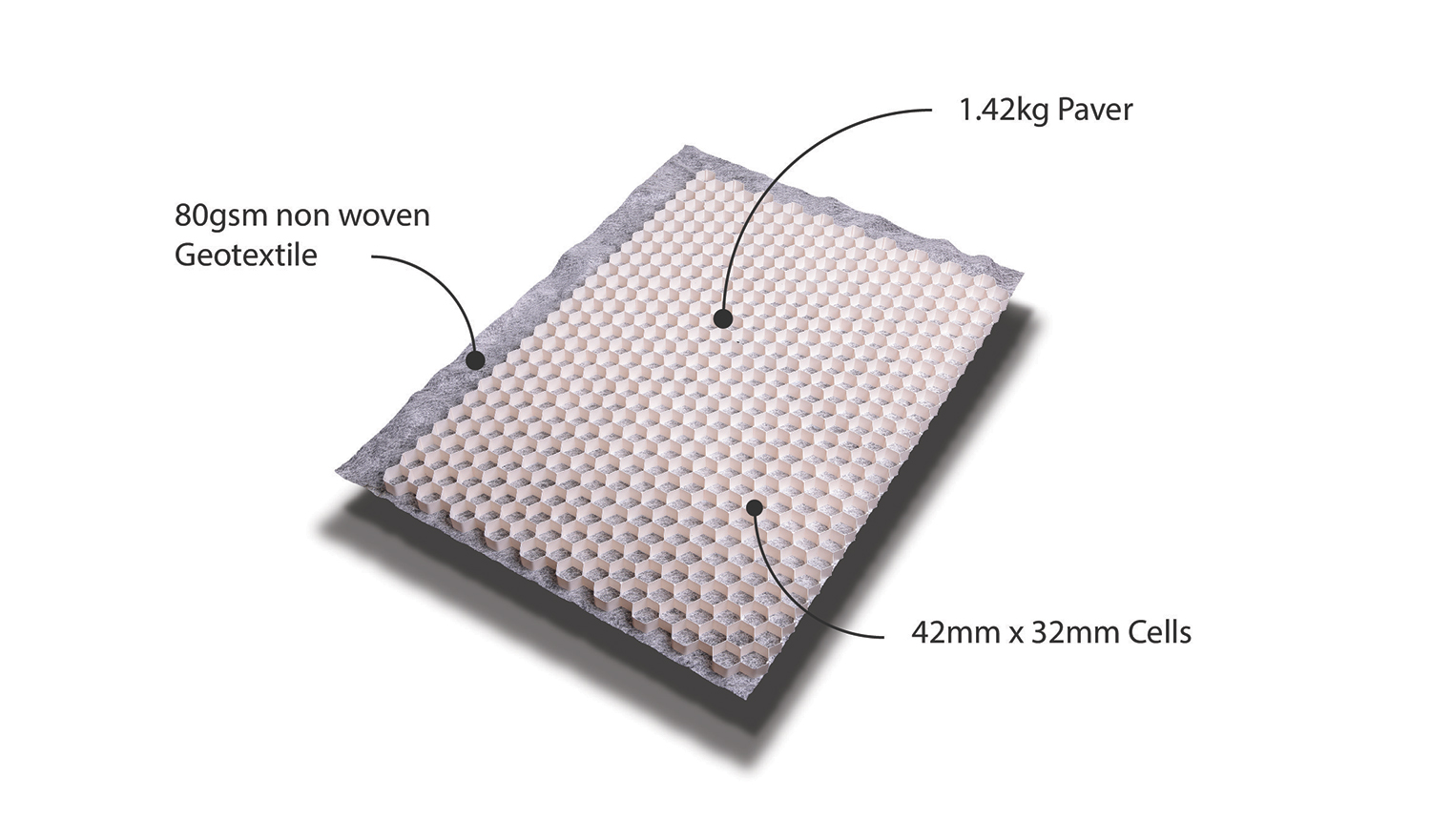
This is where Natural Paving entered Jack and Isla’s radar. A leading supplier of eco pavers in Australia, Natural Paving offers products built for Aussie conditions, from the dry heat of Perth to the tropical rains of Brisbane. What this meant for Jack and Isla was confidence. As they read more about the product, they saw that it wasn’t just an alternative; it was a superior option that could withstand traffic, handle weather extremes and deliver lasting style. It was the first time they felt excited about a driveway.
- Permeable pavers allow natural drainage through the surface
- They perform better than concrete and reduce environmental impact
- Natural Paving offers products made for Australian conditions
- Jack and Isla discover a product that aligned with both form and function
The Eco-Friendly Advantage
Choosing permeable driveway pavers is a step toward creating a more sustainable and resilient property. These pavers ease the load on urban drainage systems, particularly during heavy rains. They reduce runoff, helping to protect waterways and minimise the erosion that often accompanies impermeable surfaces. As water flows naturally through them, they support groundwater recharge, which is a key factor in the long-term health of soil and ecosystems.
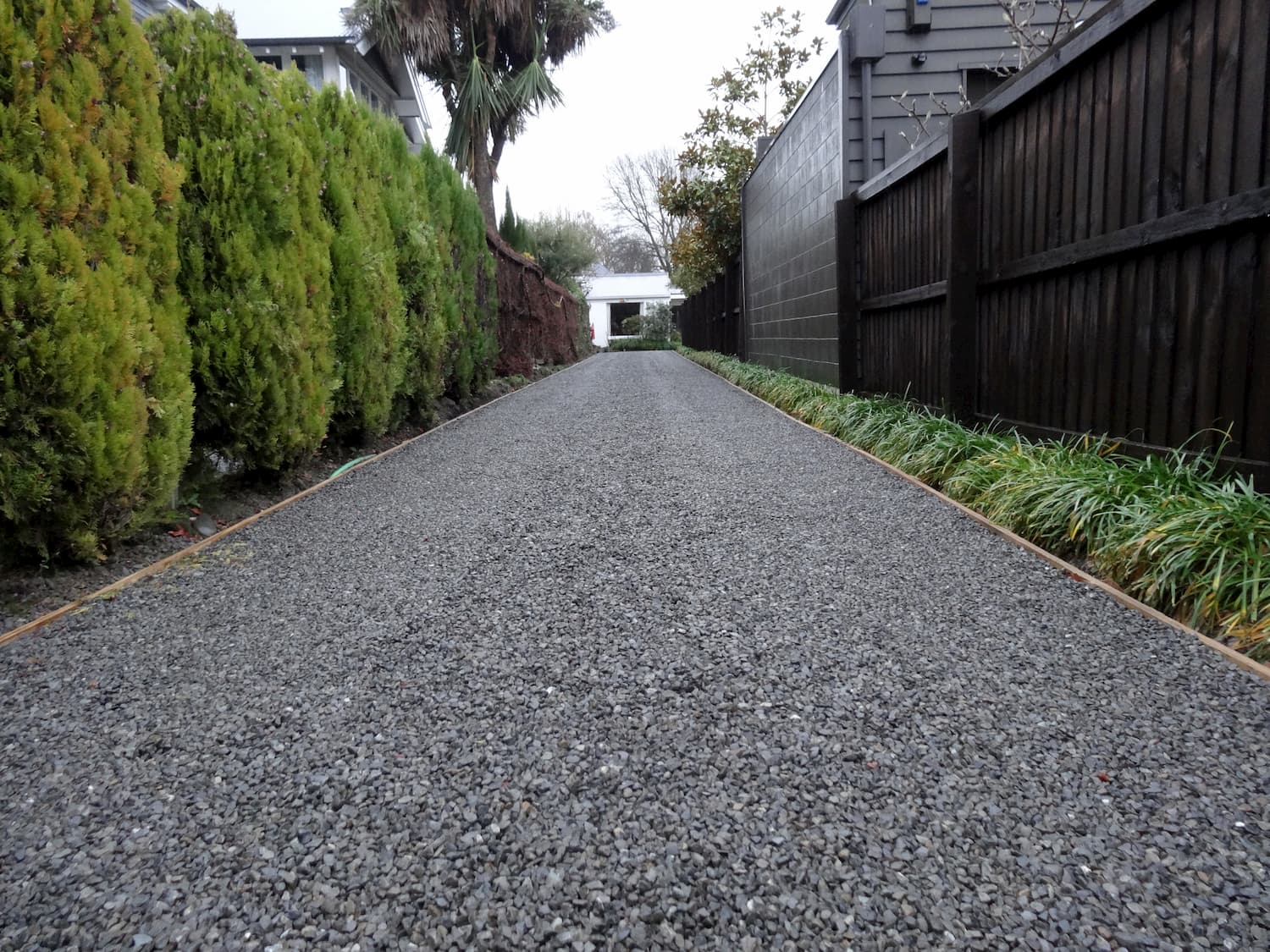
In addition to their water-wise benefits, permeable pavers are far more heat-resilient than concrete. By allowing air and moisture to move freely, they help keep surrounding areas cooler, creating safer, more comfortable spaces around the home. In regions where councils are beginning to enforce water-sensitive design guidelines, these surfaces can also assist homeowners in meeting planning regulations.
This meant Jack and Isla could now focus on making improvements that would pay off both visually and environmentally. Living in a suburb where both the heat island effect and flash flooding was becoming more common, they felt reassured knowing that their driveway would reduce, not contribute to the problem. Isla imagined barefoot mornings with their future children on a cool, dry surface. Jack saw the long-term savings in maintenance and compliance. It wasn’t just about today’s project. Natural Paving would set their home up for the future.
- Reduces pressure on stormwater infrastructure
- Supports soil health and natural water cycles
- Cooler underfoot and climate responsive by reducing the heat island effect
- Jack and Isla embrace the environmental and lifestyle benefits
Design Flexibility with Natural Paving
A driveway isn’t just a place to park. It’s often the first thing visitors see and experience, becoming a key part of the home’s identity. Natural Paving gives homeowners the tools to express their style while enhancing performance. With two timeless colour options – Black and Cream – the pavers suit a wide range of architectural aesthetics.
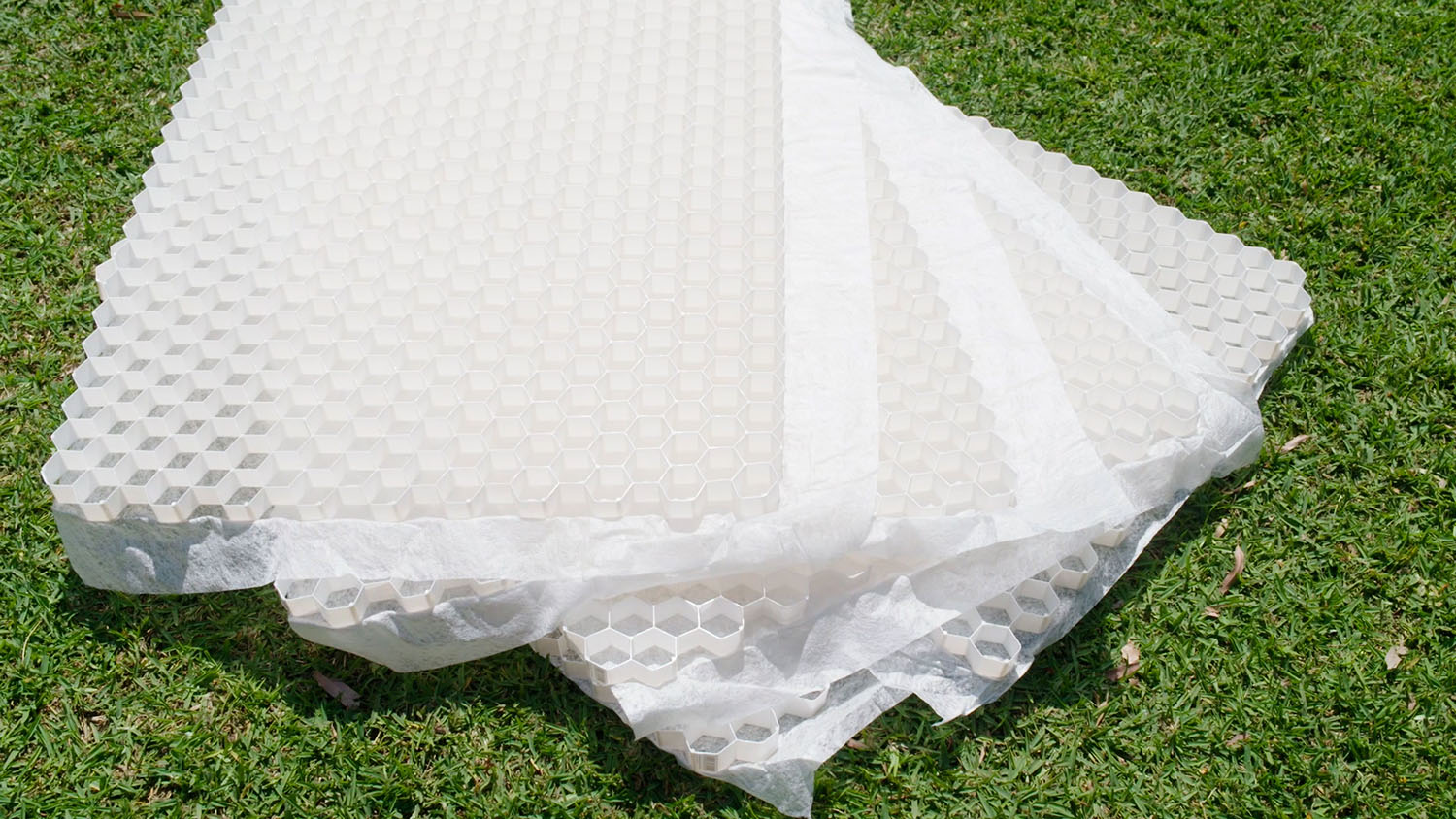
Black offers a strong, contemporary look, perfect for minimalist or industrial designs. Cream, on the other hand, provides a soft, organic feel that complements natural gardens and traditional facades. Both colours are made with longevity in mind. They are UV-resistant, durable and designed to look good year after year, even under harsh Australian sun.
This allowed Jack and Isla to personalise their driveway in a way concrete never could. They had already planted native shrubs and ornamental grasses, and they wanted a driveway that would tie everything together. Isla gravitated toward the Cream pavers to reflect light and create a soft, cohesive garden edge. Jack saw the value in using the Black pavers to frame the space, adding definition and contrast. In the end, they blended both shades for a look that felt distinctly theirs, using different coloured stones to create a driveway that was elegant, functional and perfectly in tune with their outdoor vision.
- Two colour choices suit a variety of home styles
- Complements native landscaping and modern design
- Built for long-term performance in Australian conditions
- Jack and Isla create a custom look that enhances the feel of their home
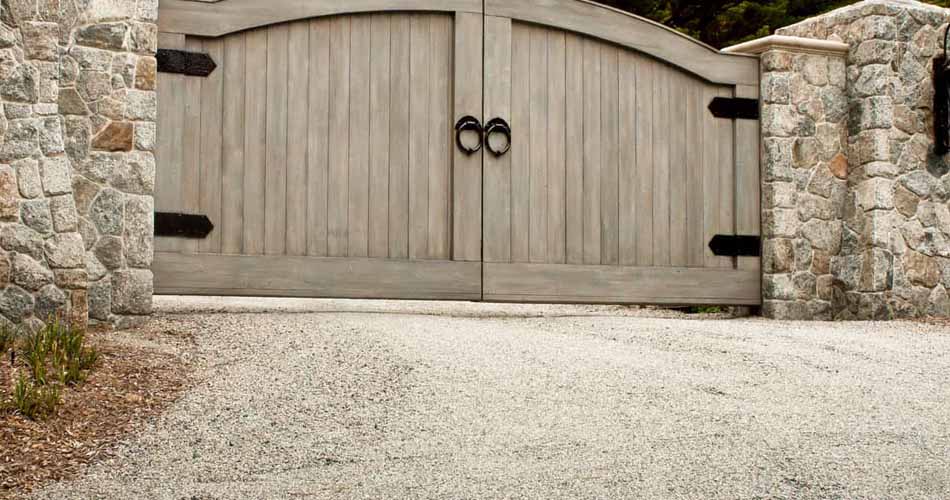
Why Permeable Pavers Are the Future of Australian Driveways
The future of residential design is sustainable, adaptable and sensitive to the environment, which is why permeable pavers tick all the right boxes. As climate conditions become more unpredictable, homeowners need materials that manage water efficiently, last longer and integrate seamlessly with natural surroundings. At the same time, these materials must meet rising expectations for beauty and functionality.
Permeable pavers deliver on every front. They solve drainage issues without sacrificing aesthetics, offer cooler surfaces during extreme heat and align with low impact building practices. They also contribute to future-proofing homes, not just from environmental events, but from shifting regulations and rising consumer demand for sustainable materials.
For Jack and Isla, installing permeable paving was more than a renovation; it was a mindset shift. Their new driveway looked polished and inviting, felt cooler underfoot and fit perfectly into their evolving lifestyle. The change transformed their home from the very first glance. Most importantly, they felt good knowing they had chosen a material that would serve them for years to come, one that respected their local environment and their personal design goals.
- A modern solution to functional and aesthetic challenges
- Supports long-term climate resilience and sustainability
- Part of broader trends in thoughtful, eco-conscious design
- Jack and Isla know they had made the right choice
Australia’s landscape is changing and so too should the materials we use to build and beautify our homes. Concrete alternatives for driveways, like those offered by Natural Paving, are no longer fringe choices. They are practical, durable and environmentally responsible solutions that meet the needs of today’s design-conscious homeowners.
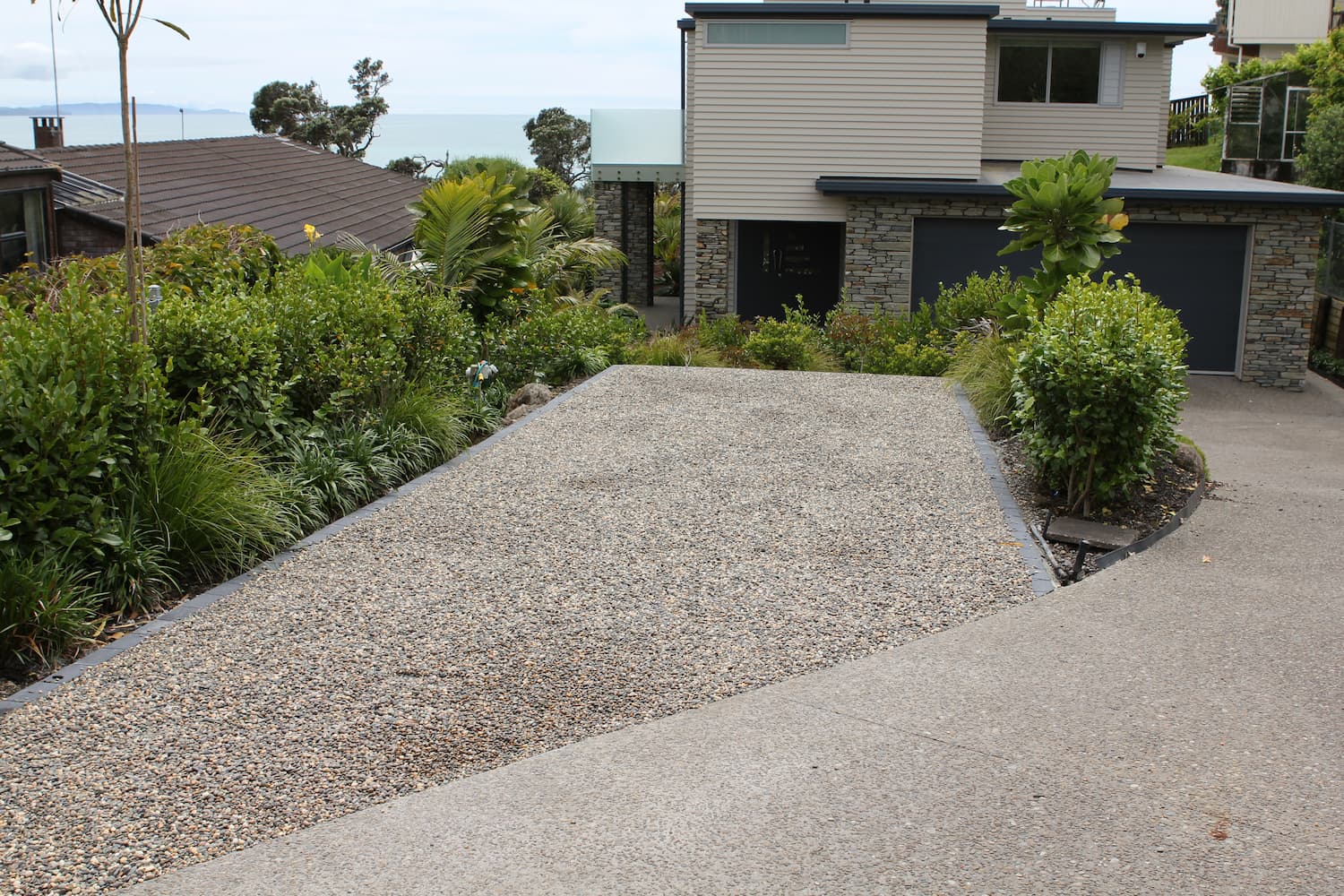
If, like Jack and Isla, you’re considering your first home upgrade, or if you’re a designer seeking better outcomes for clients, now is the time to explore what permeable pavers can offer. These products don’t just replace concrete. They redefine what a driveway can be.
If you’re ready to transform your outdoor space with a smarter, more sustainable solution, explore the Natural Paving range of permeable driveway pavers by downloading the Natural Paving brochure, or by visiting your local Bunnings store to see the collection in person.
